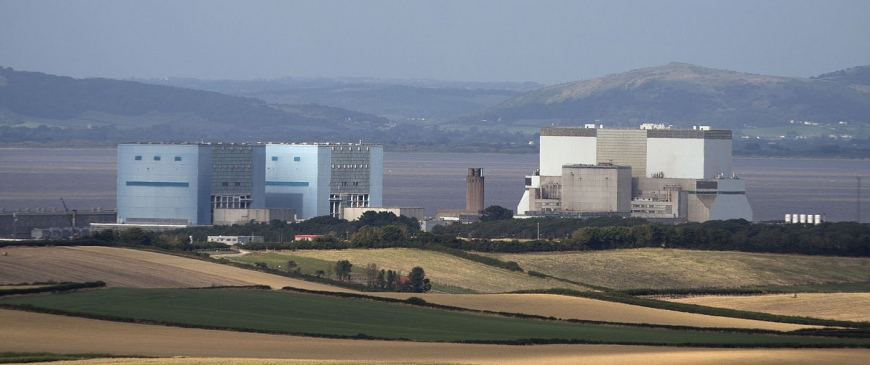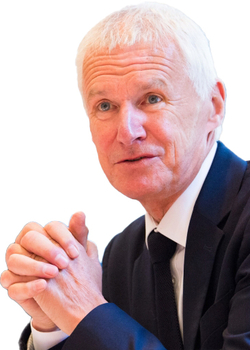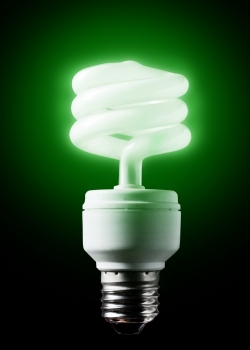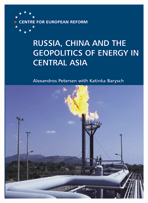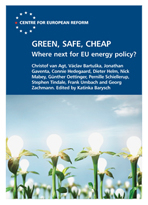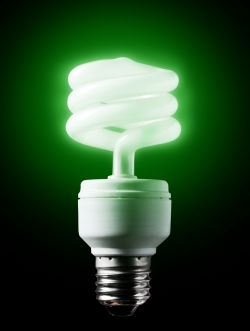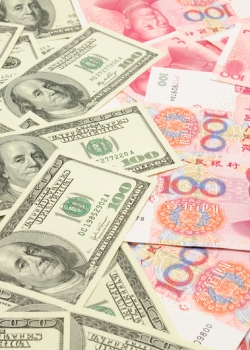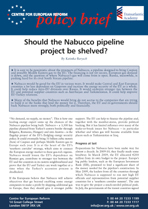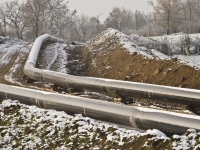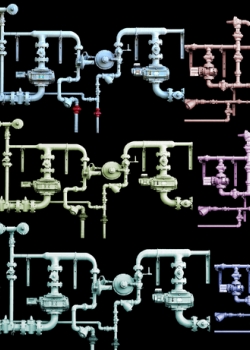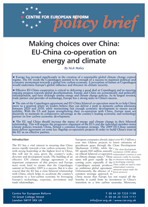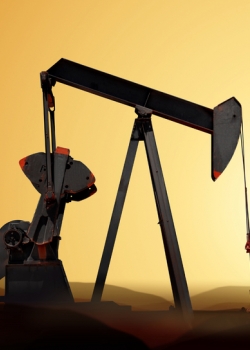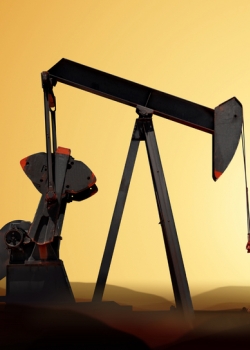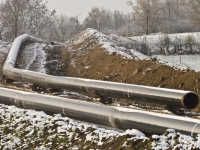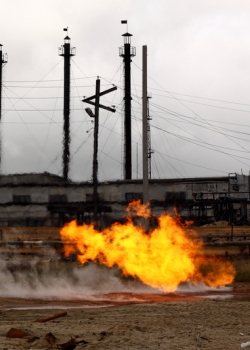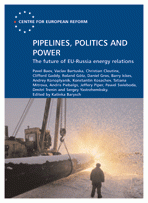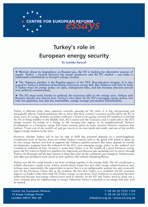Energy security & markets
The Commission's energy roadmap is a missed opportunity
22 December 2011
Instead of modelling scenarios in its 2050 energy roadmap, the Commission should have identified priorities for 2012 action: energy efficiency, ETS and a 2030 renewables target.
Russia, China and the geopolitics of energy in Central Asia
16 November 2011
China is challenging Russia's traditional dominance over Central Asia's oil and gas. The EU can help the Central Asian countries to prevent losing out in a new 'great game'.
Green, safe, cheap: Where next for EU energy policy?
09 September 2011
Is the EU's policy on renewables damaging the single market? Why do Europeans not use energy more efficiently? Is the EU's gas policy too obsessed with Russia?
The EU should be much bolder on energy efficiency
12 October 2010
The most pain-free way for European governments to fight climate change is to use energy more efficiently. At a recent energy conference hosted by the European Commission, it struck me that the EU still has a poverty of ambition when it comes to energy efficiency.
Issue 73 - 2010
30 July 2010
- The US-China 'reset': An opportunity for the EU, Charles Grant
- The EU must support clean energy, not dirty coal, Stephen Tindale
- A childish take on the eurozone crisis, Philip Whyte
Shale gas and EU energy security
11 June 2010
Will unconventional gas solve Europe’s energy security problem? Many EU member-states rely a lot on Russian gas; in the case of some Central and East European countries the dependence is total.
Should the Nabucco pipeline project be shelved?
05 May 2010
Nabucco - a pipeline to bring Caspian and perhaps Middle Eastern gas to Europe - is the flagship project of the EU's fledgling energy diplomacy. Nabucco would add to the EU's energy security, strengthen its neighbourhood policies and improve relations with Turkey.
How to build an EU energy market
18 February 2010
Unbundling the supply of energy from its transport, moving Europe towards a low-carbon energy system, and getting the Nabucco pipeline built – these were the priorities of the last energy commissioner, Andris Piebalgs. His successor, Günther Oettinger, will write his own to-do list. The EU now has a dedicated climate change commissioner, Connie Hedegard, with whom Oettinger will have to work closely.
Pipeline politics: Why Nabucco is stuck
29 January 2010
Last year, plans for the Nabucco pipeline – almost a decade in the making – appeared finally to make some headway. In March, the EU earmarked €200 million for preparatory work.
Gazprom’s uncertain outlook
18 December 2009
Many people in the EU tend to see Gazprom as a mighty giant that uses energy as a political tool on behalf of the Kremlin. They say that Russia has leverage because it controls 40 per cent of the EU’s gas imports.
Making choices over China: EU-China co-operation on energy and climate
02 November 2009
The EU needs China to move rapidly towards a low carbon economy. Even with strong leadership at the highest level in China, this will not be easy, given the country's scale, diversity and development needs.
Georgia, Ukraine and energy security
02 February 2009
In January 2006 Russia interrupted gas supplies to Ukraine and triggered a short, sharp shock to Europe in its ever-growing dependency on Russian gas.
Why global energy markets need governing
02 February 2009
After a year of upheaval it may seem perverse to take the world’s financial system as a model for anything – least of all for governance.
Issue 64 - 2009
30 January 2009
- Why global energy markets need governing, Nick Butler
- Georgia, Ukraine and energy security, Dieter Helm
- Obama, disarmament and Iran, Tomas Valasek
After the gas conflict
23 January 2009
On January 20th, Russian gas started flowing again through Ukraine, after a two-week shut-down that had left people in South East Europe freezing and factories idle. The relief across Europe was palpable but the confusion about what happened is still there.First, both Russia and Ukraine said that the dispute was about money that Naftogaz, the Ukrainian gas company, owed to Russia’s monopoly Gazprom for last year’s deliveries. Then it was about the price the Ukrainians should pay in 2009 for the Russian (or Turkmen) gas that it uses domestically. ...
Just another gas crisis?
07 January 2009
Russia has cut off the gas flowing to and through Ukraine – again. Like in January 2006, Moscow and Kyiv are blaming each other, while a convoluted mix of political intrigues, shady middlemen and broken contracts makes it almost impossible for outsiders to ascertain which side is at fault. But the current interruption in gas supplies to Europe is different in many ways from that three years ago.
Pipelines, politics and power: The future of EU-Russia energy relations
01 October 2008
Does the Kremlin use energy as a political weapon? Why is Russia’s oil and gas output stagnating? Can and should the EU try to reduce its dependence on Russian hydrocarbons? Are the EU and Russia engaged in a pipeline war? What does energy solidarity mean? What rules should govern EU-Russia energy relations?
Europe can afford to curb greenhouse gases
02 June 2008
In March 2007 the EU pledged to reduce greenhouse gas emissions by at least 20 per cent by 2020, from 1990 levels. But as EU governments and the Commission work on the policies needed to achieve this goal, opposition is mounting, particularly towards the Commission’s proposals for reforming the EU’s emissions trading scheme (ETS).
Turkey's role in European energy security
12 December 2007
Turkey – located between big energy producers and the EU market – is crucial for Europe’s energy security. However, plans for the Nabucco pipeline as an alternative to Russian gas supplies are in trouble.
Reciprocity will not secure Europe’s energy
01 August 2007
As Moscow growls angrily at the West, Europeans are becoming more worried about their energy supplies. Will Russia be willing to sell us the gas we need to heat our houses and power our industries? Will it be able to?





